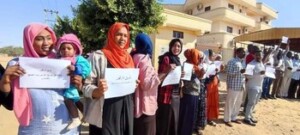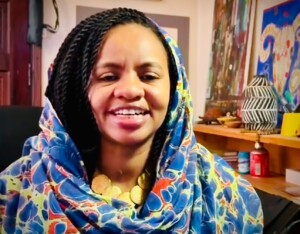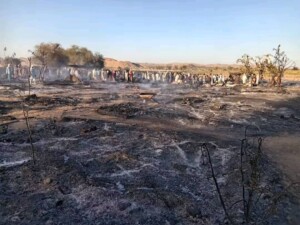‘Military coup has cost Sudan $4.4 bn in suspended aid’
Sudan has lost $4,364 billion in aid pledged by the international community, in the eight months since the October 2021 military coup d’état, according to Faroug Kembereisi, former deputy governor of the Central Bank of Sudan (SBoS).
 File photo
File photo
Sudan has lost $4,364 billion in aid pledged by the international community, in the eight months since the October 2021 military coup d’état, according to Faroug Kembereisi, former deputy governor of the Central Bank of Sudan (SBoS).
In a statement vis social media, Kembereisi says that only $268 million in aid was implemented, out of $4,643 billion pledged, which represents a loss to the country of 94 per cent.
He said that the World Bank and others committed an amount of $760 million during the period in favour of the Samarat family support programme, of which only $181 has been disbursed.
The US Agency for International Development has also suspended its specified commitment of $2,595 billion in full. The projects effected include irrigation, agriculture, small farmers, energy, water, improving statistics) and include $500 million in direct budget support.
Kembereisi explained that the total planned US support, including wheat, during last eight months amounted to $1,288 billion, of which $87 was implemented.
Immediately following the October 25 2021 military coup d’état, the World Bank announced the suspension of all aid to Sudan and halted decisions on any new operations in the country.
Most recently, The Paris Club* published its annual report for 2021, in which it explained that the multilateral agreement on debt relief for Sudan through the Enhanced Initiative for Heavily Indebted Poor Countries (HIPC) has been suspended “after the removal of the Transitional Government of Sudan by the military forces”.
The USA suspended all aid to Sudan following the coup, stating that “the United States is pausing assistance from the $700 million in emergency assistance appropriations of Economic Support Funds for Sudan. Those funds were intended to support the country’s democratic transition as we evaluate the next step for Sudan programming.”
* The Paris Club (French: Club de Paris) is a group of officials from major creditor countries whose role is to find co-ordinated and sustainable solutions to the payment difficulties experienced by debtor countries. As debtor countries undertake reforms to stabilise and restore their macroeconomic and financial situation, Paris Club creditors provide an appropriate debt treatment.











 and then
and then